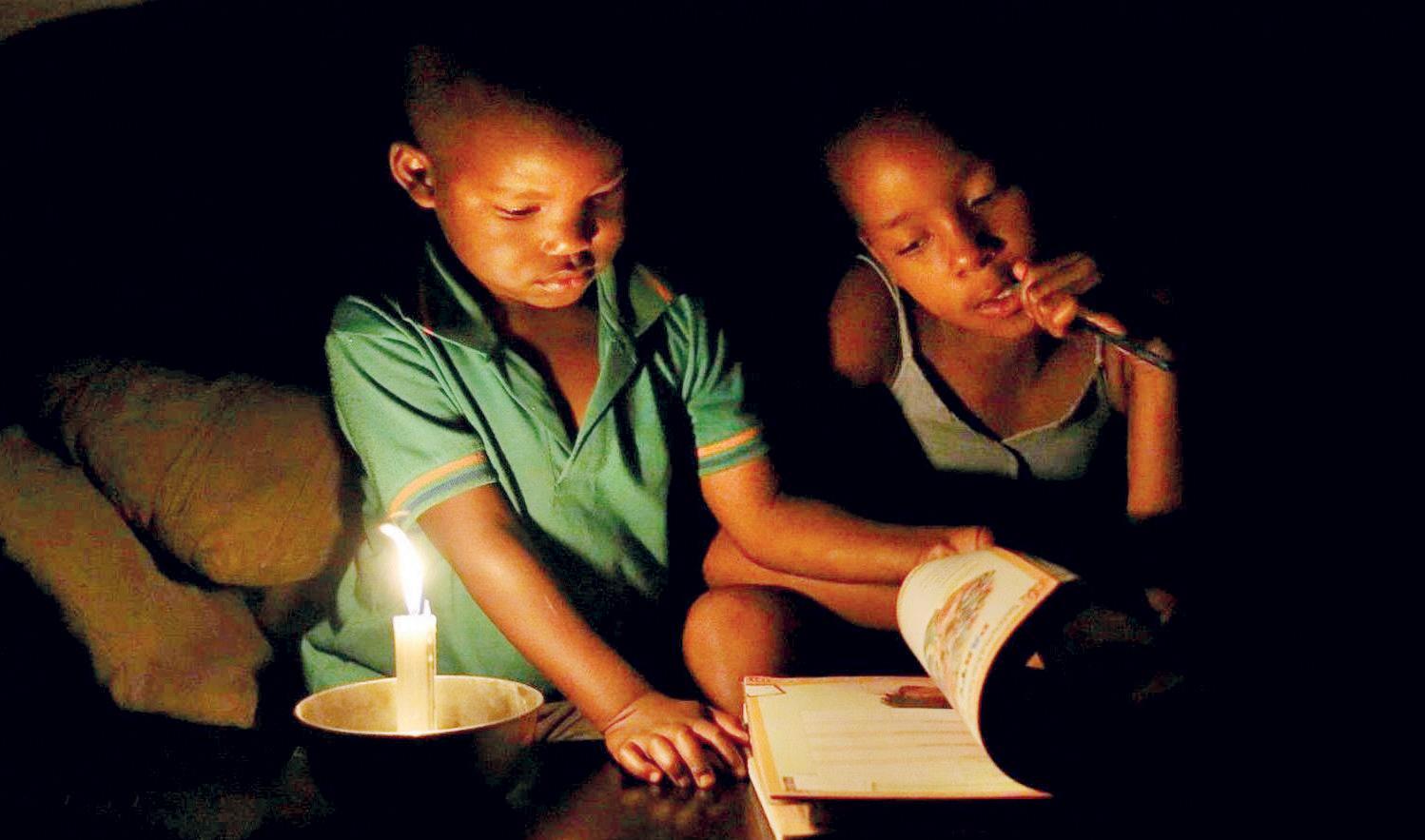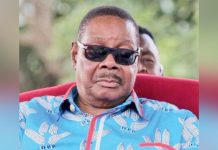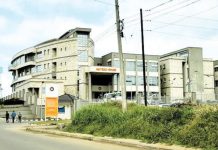Africa-Press – Malawi. Persistent power shortages are being compounded by financial challenges, with the Electricity Supply Corporation of Malawi (Escom) confirming that it owes Independent Power Producers (IPPs) K52 billion.
Kamkwamba KumwendaSpeaking during a joint press briefing with the Electricity Generation Company (Egenco) in Lilongwe Thursday, Escom Chief Executive Officer Kamkwamba Kumwenda said the utility’s debt burden is affecting its ability to secure additional electricity for the national grid.
Kumwenda said while Malawi has the capacity to import up to 1,000 megawatts from Mozambique, it is only accessing 50 megawatts at a cost of $5 million due to foreign exchange shortages.
“The problem is accessing dollars to pay IPPs, which are paid in foreign currency. The sad part is that electricity is not among the priorities for dollar allocation at the Reserve Bank [of Malawi].
“We have to go through the commercial banks to access the dollars, which are mostly unavailable,” Kumwenda said.
He added that the 44 percent electricity tariff hike applied only to commercial users, excluding domestic customers, which has worsened the revenue shortfall.
“This is part of the reason why we have accumulated so much debt, but come November, we are supposed to hike the tariff again,” he said.
Egenco Chief Executive Officer Maxon Chitawo echoed Kumwenda’s concerns, adding that generation capacity is also being hampered by technical faults at three major power units, one at Kapichira, one at Tedzani III and one at Tedzani II.
“We are already assembling materials and personnel to rectify the fault at Tedzani II this weekend. We could not fix it immediately because the machine shares a tunnel with other machines, so it requires dewatering the tunnel.
“We want to do it over the weekend when demand is lower. Repair work on the other two machines is also in progress,” Chitawo said.
Malawi has, for years, battled erratic electricity supply due to a combination of low generation capacity, ageing infrastructure and over-reliance on hydropower vulnerable to the impacts of climate change.
In recent years, the government has sought to diversify sources by engaging IPPs and entering power import agreements with neighbouring countries.
However, delays in operationalising signed PPAs, foreign exchange shortages and tariff constraints have purportedly slowed progress.
For More News And Analysis About Malawi Follow Africa-Press






